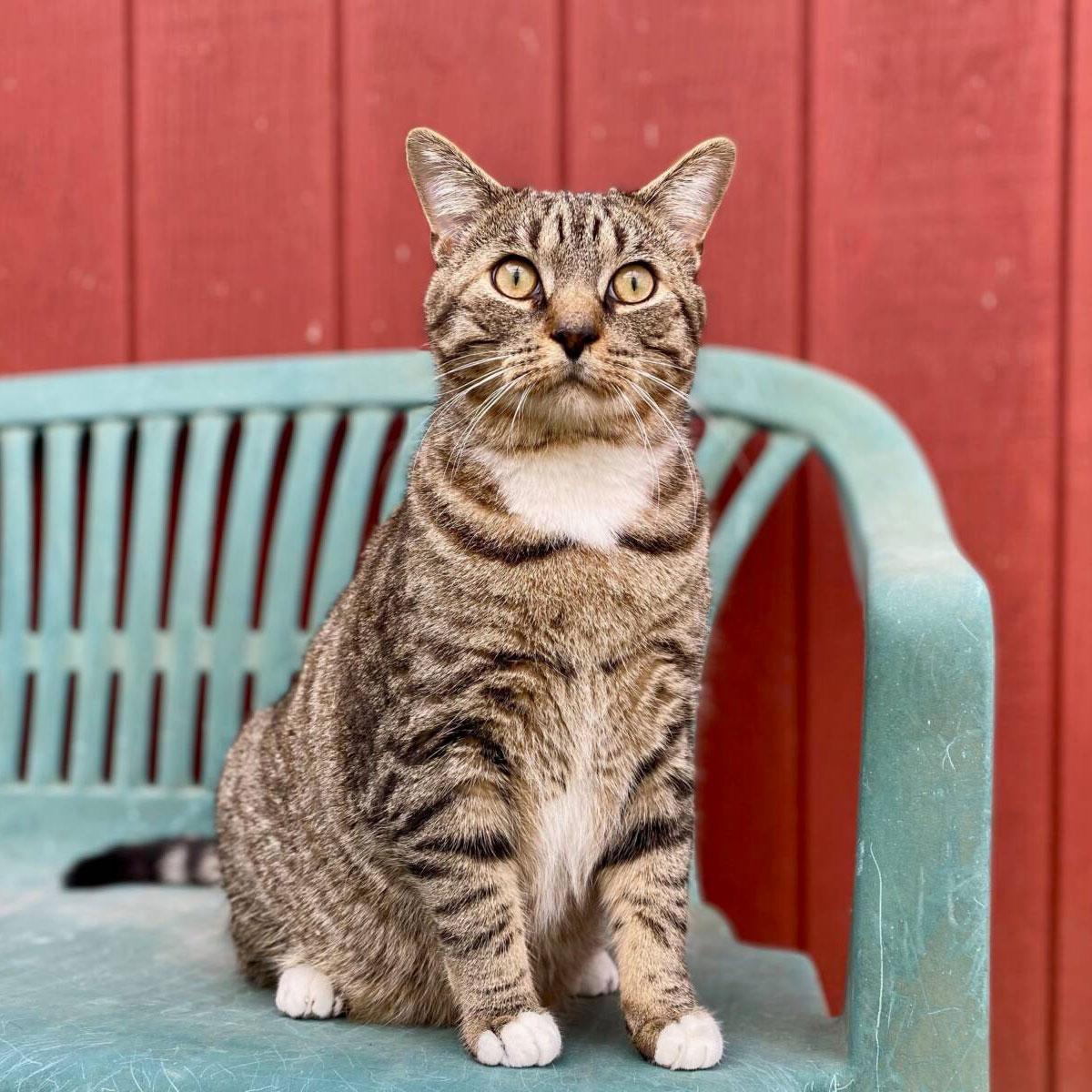
Adopt a Barn Cat
Barn cats at North Country Animal League need your help in finding the right home! Barn cats are typically unsuited for the traditional adoption and require a unique living space to fit their needs – they may be less socialized, enjoy their independence and prefer having a job to do like poison-free rodent control on your property 24/7!
COST: While there is no set adoption fee for barn cats, we kindly request a donation of $50 to offset the cost of their medical care.
NOTE: Please note that we do not adopt out cats who are suitable to be household companions to the Barn Cat Program, only cats without other options.

Available Barn Cats
How adopting a barn cat helps
This program is aimed to place cats who would have traditionally been considered un-adoptable through the typical adoption process in safe homes where they can receive the care they need to be healthy and happy. In most shelters, behaviorally challenging cats are either completely turned away, placed in a kennel for extensive periods that cause a lot of stress to the animals as well as people and resources, or even worse – these cats are euthanized.
Cats in our Barn Cat Program fall into one or more of the following categories:
- Cats who prefer other cat or animal interaction over human interaction
- Cats who prefer to live a solitary and independent life and are too old to learn how to socialize
- Cats who need the stimulation of an outdoor environment
- Cats that display inappropriate behavior for living inside the home, such as poor litterbox habits
- Cats who prefer to have a job to do, like hunt and keep your rodent population at bay
